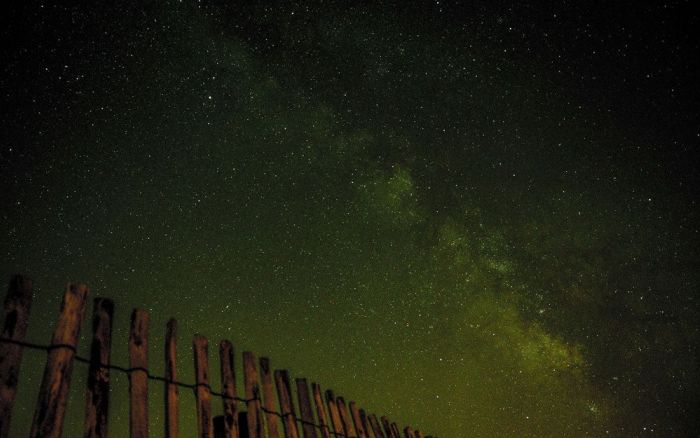Why explore space?

In 1970, a nun named Sister Mary Jucunda wrote to Dr. Ernst Stuhlinger, who was trying to develop a manned Mars mission at NASA, and asked him how he could justify spending billions of dollars on that when there were children starving in Africa. His gracious and thoughtful response is well worth reading, especially in light of the recent landing of the Curiosity rover on Mars.
Among all the activities which are directed, controlled, and funded by the American government, the space program is certainly the most visible and probably the most debated activity, although it consumes only 1.6 percent of the total national budget, and 3 per mille (less than one-third of 1 percent) of the gross national product. As a stimulant and catalyst for the development of new technologies, and for research in the basic sciences, it is unparalleled by any other activity. In this respect, we may even say that the space program is taking over a function which for three or four thousand years has been the sad prerogative of wars.
How much human suffering can be avoided if nations, instead of competing with their bomb-dropping fleets of airplanes and rockets, compete with their moon-travelling space ships! This competition is full of promise for brilliant victories, but it leaves no room for the bitter fate of the vanquished, which breeds nothing but revenge and new wars.
Although our space program seems to lead us away from our Earth and out toward the moon, the sun, the planets, and the stars, I believe that none of these celestial objects will find as much attention and study by space scientists as our Earth. It will become a better Earth, not only because of all the new technological and scientific knowledge which we will apply to the betterment of life, but also because we are developing a far deeper appreciation of our Earth, of life, and of man.
The nun’s response? “Thank you — from now on, I firmly believe in the profound value of the space program.”
Enjoy reading Opus? Want to support my writing? Become a subscriber for just $5/month or $50/year.
Subscribe Today